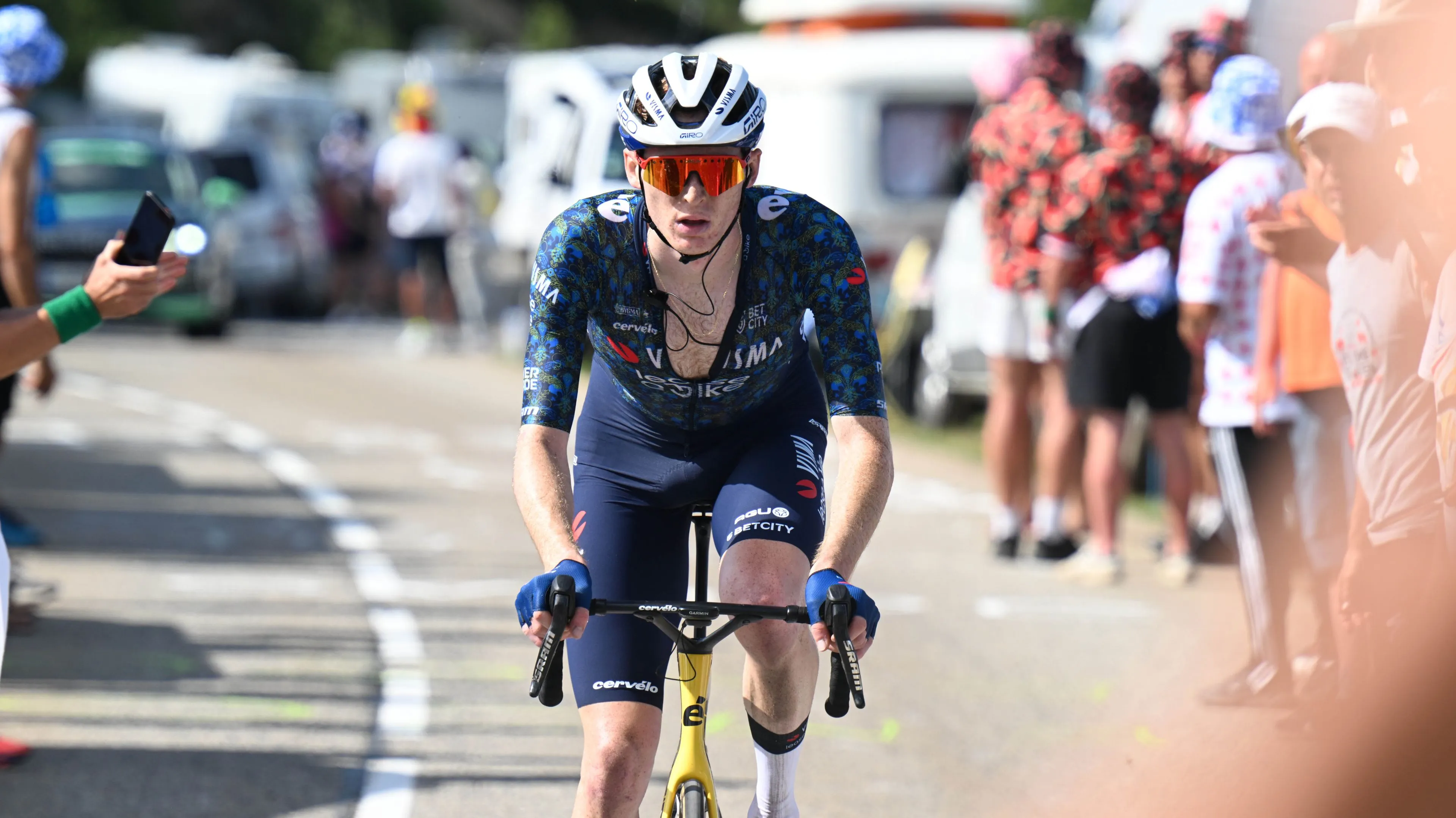Lotto explains why the cycling world isn't fair: "Those three are on the same level as UAE riders"
CyclingWednesday, 22 January 2025 at 16:00
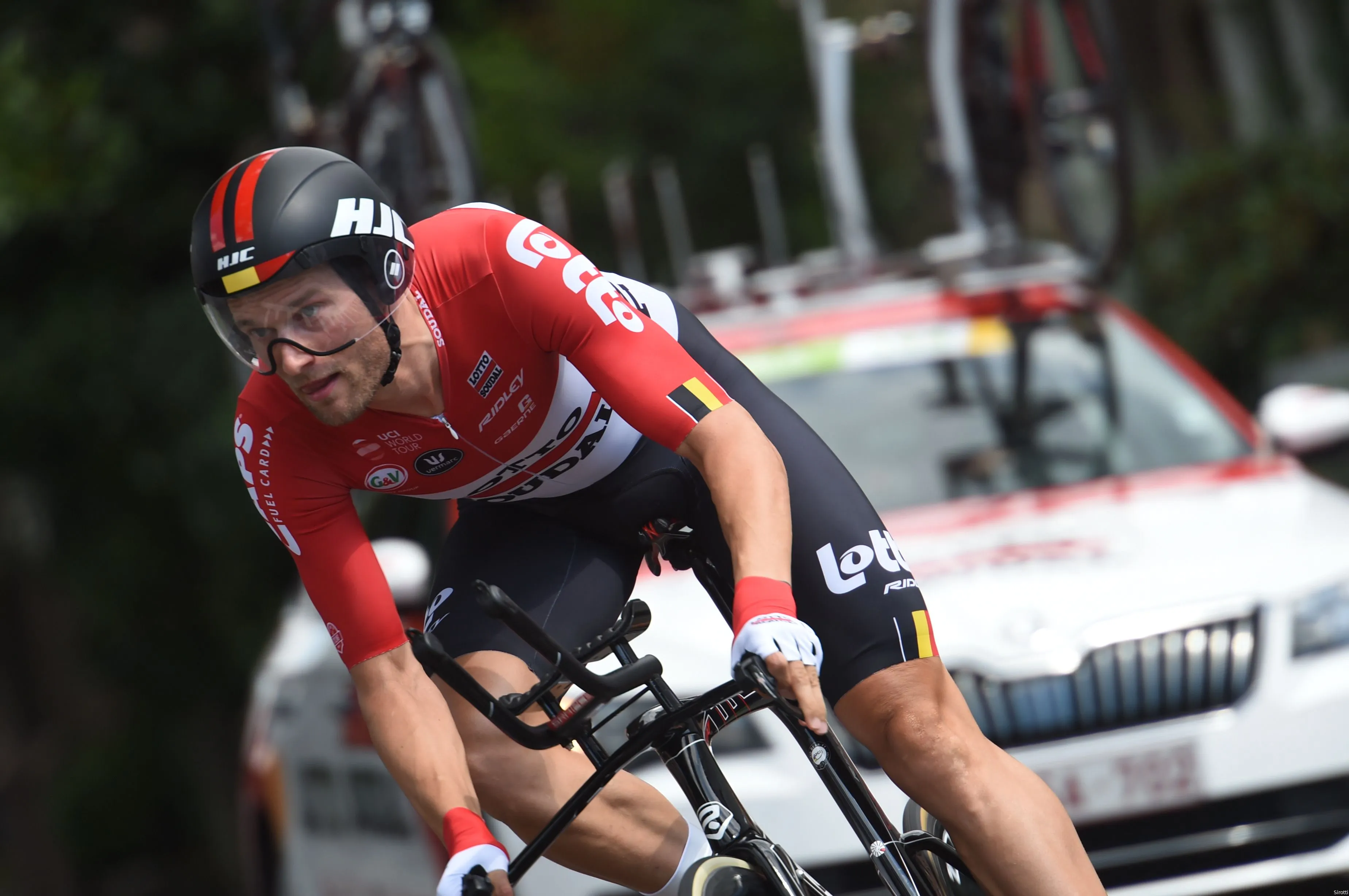
Nikolas Maes begins his fourth year as team manager at Lotto. With name sponsor Dstny gone, the team saw riders heading to UAE Team Emirates-XRG and Red Bull-BORA-hansgrohe. Speaking with IDLProCycling.com, Maes responded to the statements of Groupama-FDJ manager Marc Madiot, who just a few weeks ago expressed fears about the cycling economy being out of balance. "It is also up to the UCI to provide a training fee for riders like Maxim Van Gils from our U23 team," Maes said.
Madiot already spoke up at the end of last year for Lotto, which lost the self-trained gold medalist Van Gils to the wealthy Red Bull-BORA-hansgrohe. We would like his opinion and experience about the significant capital differences between cycling teams from sports director Maes. "In Maxim's story, I understand he went to Red Bull. 'Obviously, you mostly need riders in a team, and they cost millions,' says Maes. 'To get the top riders in your team, you need twenty million euros. I think Madiot is particularly frustrated by that."
Text continues below photo
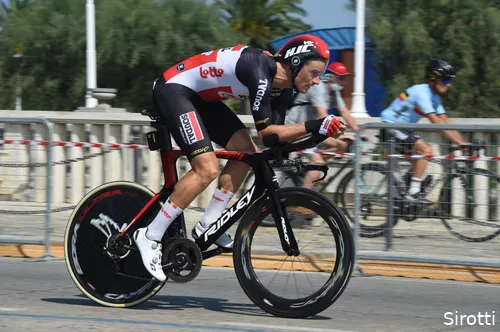
Nikolas Maes rode the last four years for Lotto-Soudal
Lotto turned into development team: "We lose half of them within three years"
"Lennert Van Eetvelt and Arnaud De Lie, who are performing today, and Jarno Widar, who is rapidly improving, are of the same level as UAE riders,' Maes argues. 'If you have ten million to spare like UAE and buy ten riders with a million salary, you have a top team. But with that, they also kill a little bit of the competitiveness of the smaller teams. A salary cap has already been raised as an idea against that. That is difficult to implement but would not be bad for the sport. Without a salary cap, we are going to a league with four teams left to win."
The transfer policy of incoming riders at Lotto depends almost entirely on the development team. "We lost guys this winter, primarily Florian Vermeersch and Victor Campenaerts," Maes said. "They brought quality to the team that we needed. On the other hand, we continue to reap talent in our youth team. Widar and Aldo Taillieu, for example, have enormous potential—as Milan Donie. And now we've transferred Steffen De Schuyteneer, Robin Orins, and Joshua Giddings. Those are all riders I expect to play, perhaps with some limits, roles in our team fairly soon."
"Give those guys two to three years, and we'll have solid riders back in our base in no time," he continued positively. That changes quickly, however: "On the other hand, two or three years is a long way off, and then we risk losing talent again. It's a given in cycling today: if you don't have the cash to keep all those riders on board for five years, you risk losing your efforts."
According to Maes, what would help keep riders from the development team on board once they thrive? "It is up to the UCI to provide a training fee for riders like Van Gils," the Belgian is adamant. "Our development team is excellent, and we bring in a lot of talents, but we lost half of them within three years. That's a shame of the energy you put into it. That costs money and energy that we put not into our first team but into the development team. But we must do that too because our riders now are almost one hundred percent in-house talent."
Text continues below photo
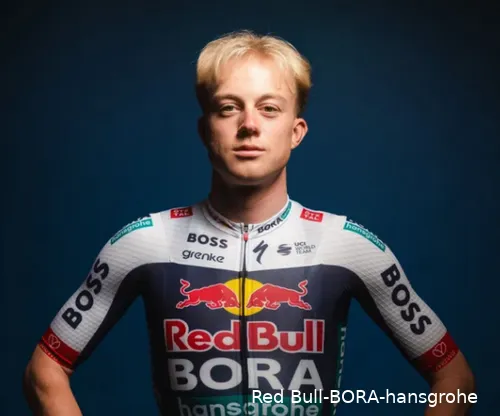
Lotto would have liked a training fee for Van Gils
Lotto urges UCI to intervene around performance drugs
Recruiting riders and keeping them on board is essential in the capital picture. But beyond that, there is also the performance part. "Madiot's Groupama-FDJ and Lotto are in the MPCC (The movement for credible cycling). They prohibit the use of ketones from being offered and encouraged from within the team. So, we and FDJ will never encourage ketone use. However, other teams outside the MPCC can purchase it and give it to riders. But to be honest, ketones will not be a big difference."
Lotto is performing well, according to the team manager, which can also be seen in the team ranking, where they are among the ten best teams. "I think first and foremost we have to try to perform well in our operation today, everything that includes performance. Optimize the level and put a level in your functioning that makes sure your functioning is good. Then Van Eetvelt, De Lie, and Widar, for example, will be convinced of the quality of your team. And then they also want to stay," Maes thinks.
"You need money to do everything, but if you are a little creative, you can bring the level of your team to a certain standard," Maes says. "Team Sky was the first team to work with nutritionists and start weighing and fine-tuning the nutrition. Then came Jumbo-Visma, which developed that nutrition story even better. Then that was another step difference. But now, the more traditional teams are also catching up. We will still be behind, but our jump toward those top teams is much bigger, so that gap is always shrinking."
"The way we work today, I dare say we are among the best 10 teams in the world in terms of performance. There are still extremes, with certain teams that can invest more budget-wise in nutritionists. Teams that can bring cooks to every race and have an even larger coaching staff. We can't do that with Lotto today, but we also use food apps that say what a rider should eat daily. That's a big 'gain'. We are doing more testing where clothing and rider positions are optimized. That's another step."
Text continues below photo
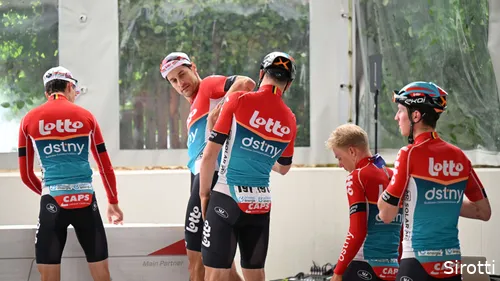
Lotto is catching up on performance
Lotto switches from Ridley to Orbea bikes
The change of bike brand from Ridley to Orbea has also brought quality. "Orbea's full set-up comes out better than Ridley's. Also, the time trial bike is very competitive. Also, our helmet partner, Ekoï, has made a tremendous change. You no longer talk about marginal gains there, but huge gains."
Read also
IDL-productions
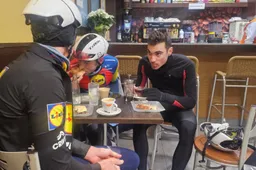
Still in black, but soon in colorful Lidl-Trek jersey: Juan Ayuso praises new environment
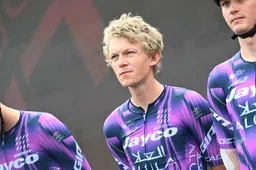
Bouwman not afraid to change at 32 after first disaster year outside of Visma: 'Have to be honest with myself'
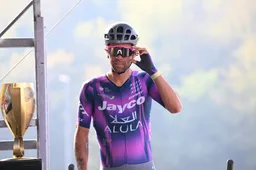
Sanremo, a world title and the yellow jersey: Michael Matthews escaped death - and that reignited his spark
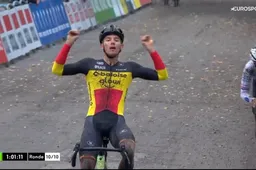
Unlike road colleagues Van der Poel or Van Aert, Nys rides twice as many cyclo-crosses: 'He doesn't want to ride only ten cyclo-crosses'
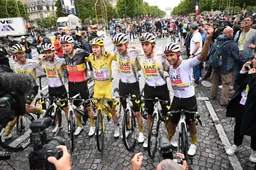
95 (or was it 97?) wins and a new record year, but losing that one race still hurts UAE Team Emirates - XRG
Latest Cycling News
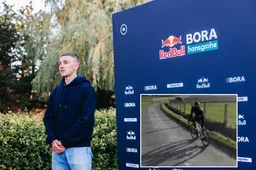
Evenepoel reignites hopes with training ride on Tour of Flanders-parcours, but Gilbert dismisses rumours with a laugh
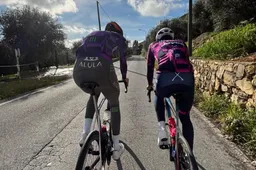
'I miss you, little brother'; Emotional words of Jayco-rider after tragic loss of friend and young talent (19)
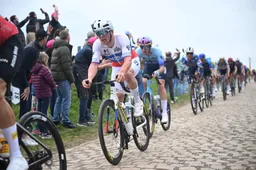
Unibet Rose Rockets and Kubis proved their colleagues wrong: 'We got zero respect'
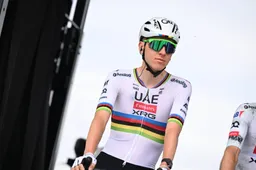
Tadej Pogacar again aims for Roubaix win... With help from F1 driver Sainz? 'Know I'm in good hands'
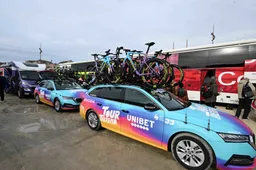
British Paris-Roubaix specialist leaves Red Bull-BORA-hansgrohe and becomes new sports director at Unibet Rose Rockets
Popular Cycling News
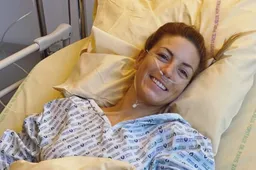
How a nearly untraceable issue almost made Ferrand-Prévot retire: 'It easily ruined two years of her career'

Tadej Pogacar again aims for Roubaix win... With help from F1 driver Sainz? 'Know I'm in good hands'

'I miss you, little brother'; Emotional words of Jayco-rider after tragic loss of friend and young talent (19)

Still in black, but soon in colorful Lidl-Trek jersey: Juan Ayuso praises new environment

British Paris-Roubaix specialist leaves Red Bull-BORA-hansgrohe and becomes new sports director at Unibet Rose Rockets
Latest Comments
- Those events are mental rest for him. Fun, without expectations. *Sagan lost his abilities because he gained weight and got lazy. Pogi will likely retire before that has a chance at happening.Veganpotter14-12-2025
- Ah, the consequences of riding for Israel.Veganpotter11-12-2025
- Pidcock could follow everyone but Pogi while finishing 3rd. No second place rider this season😃Veganpotter16-11-2025
- Now the Palestinian protestors can stop their whining. Trump came to the rescue. So they can now STFU and go back to waving the rainbow flags.raufus15-10-2025
- Cracked the code lol. If it was that easy to 'crack the code' jonny Vegas would be charging up the Kwaremont giving Pog a dose of his medicine. Evenepoel can't match pog on a climb and neither can mvdp. Anything with a half difficult climb and Pog smashes the field. Even on flat(ish)parcours like Roubaix it came down to a mistake and crash by pog to definitively crown mvdp. MSR is the only one that Pog probably won't win.kevpt10-10-2025
- We've seen this movie before. I think Pogacar is doping.DeadBlow10-10-2025
- 👍Bea08-10-2025
- 👌🏻Bea08-10-2025
- What the data doesn't show is how much of an effect drafting had for evenepoel. Pogacar went with del toro at 100km whilst Evenepoel was still in the bunch. Despite the bike changes he still had a lot of assistance getting back to the bunch. Pogacar then rode 60km solo whilst evenepoel rode with Healy/Skjelmose until going solo in thd last 10-15km. Thats ~20% less power / energy requirements for 45-50km. Apples and oranges...kevpt30-09-2025
- 👏👏Bea24-09-2025
Loading
